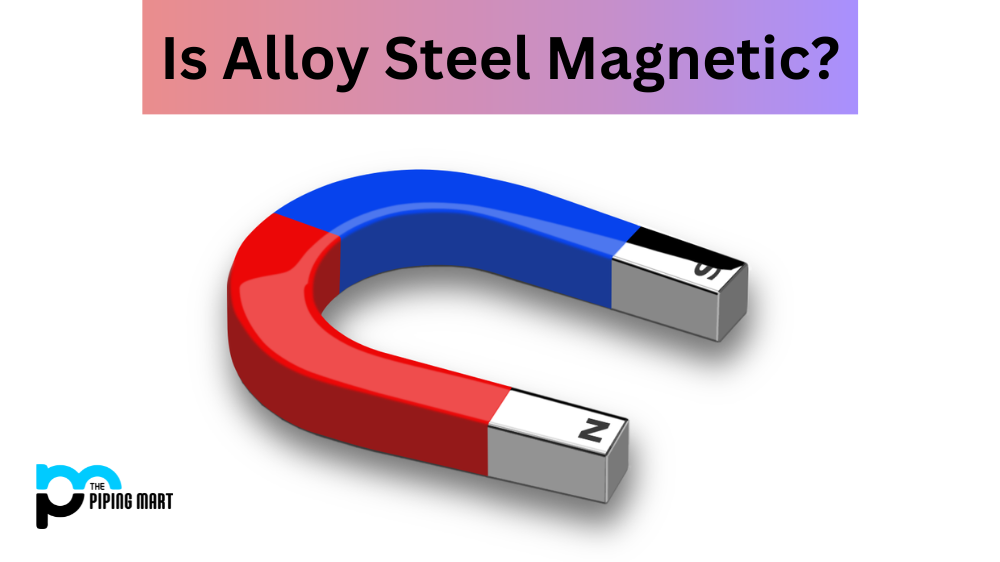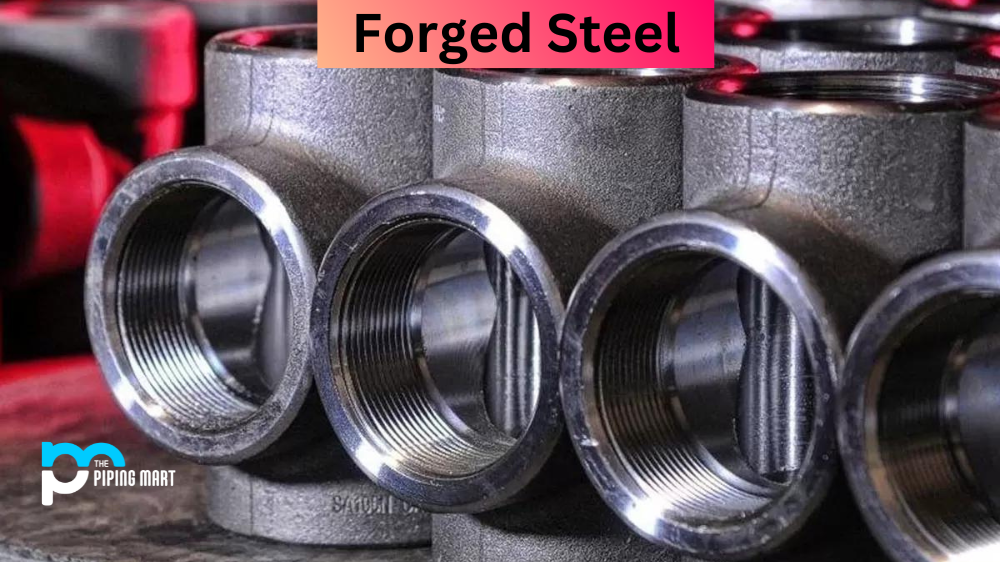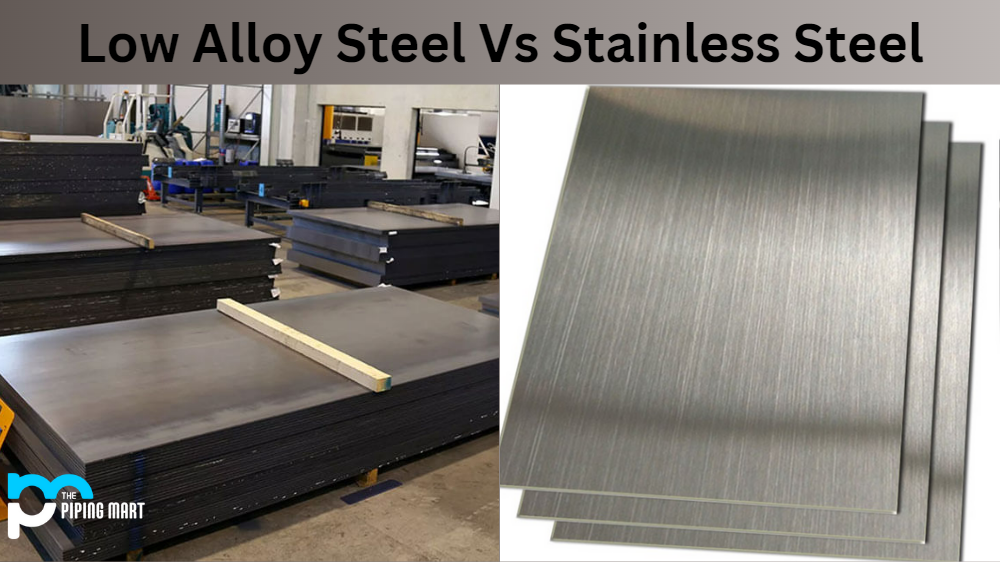Many people are familiar with the fact that steel is magnetic. But did you know that not all steels are magnetic? In particular, alloy steels can be either magnetic or non-magnetic depending on their composition. So, what’s the difference between regular steel and alloy steel? And why does it matter whether alloy steel is magnetic or not? Read on for more information about alloy steel and its properties.
Regular steel is composed of iron and carbon, whereas alloy steel contains additional elements such as chromium, nickel, vanadium, molybdenum, manganese, or silicon. These elements are added to regular steel to create a special type of metal with improved properties, such as increased strength or resistance to corrosion. As a result, alloy steels are much more durable than regular steels.
Is Alloy Steel Magnetic?
The answer depends on which elements have been added to the regular steel. If only chromium is added, then the resulting alloy will remain non-magnetic. However, if nickel is also added, then the resulting alloy will be slightly magnetic due to the presence of iron in both components. This means that some types of alloy steel are magnetic while others are not – it all depends on their composition.
Why Does It Matter Whether Alloy Steel Is Magnetic or Not?
It matters because different applications require different properties from a material; for example, some applications may require a material that’s corrosion-resistant while others may require one that’s strong but non-magnetic (e.g., for use in electrical equipment). Knowing whether alloy steel is magnetic can help you determine whether it’s suitable for your particular application or not.
Conclusion
In summary, there is no single answer when it comes to whether alloys contain magnetism or not – it all depends on their composition and which elements have been added to them in order to improve their properties. While some alloys may be slightly magnetic due to the presence of iron in both components (regular steel and additional metals like nickel), other alloys will remain non-magnetic even with the addition of other elements like chromium. Knowing whether an alloy is magnetic or not can help you decide if it’s suitable for your particular application or not. Understanding how this works can help you make informed decisions when selecting materials for your projects!
Sakshee is a talented blogger, with a particular focus on the Business and Metal Industry. She is passionate about sharing her insights on various metal products and helping professionals to make a better decisions.




